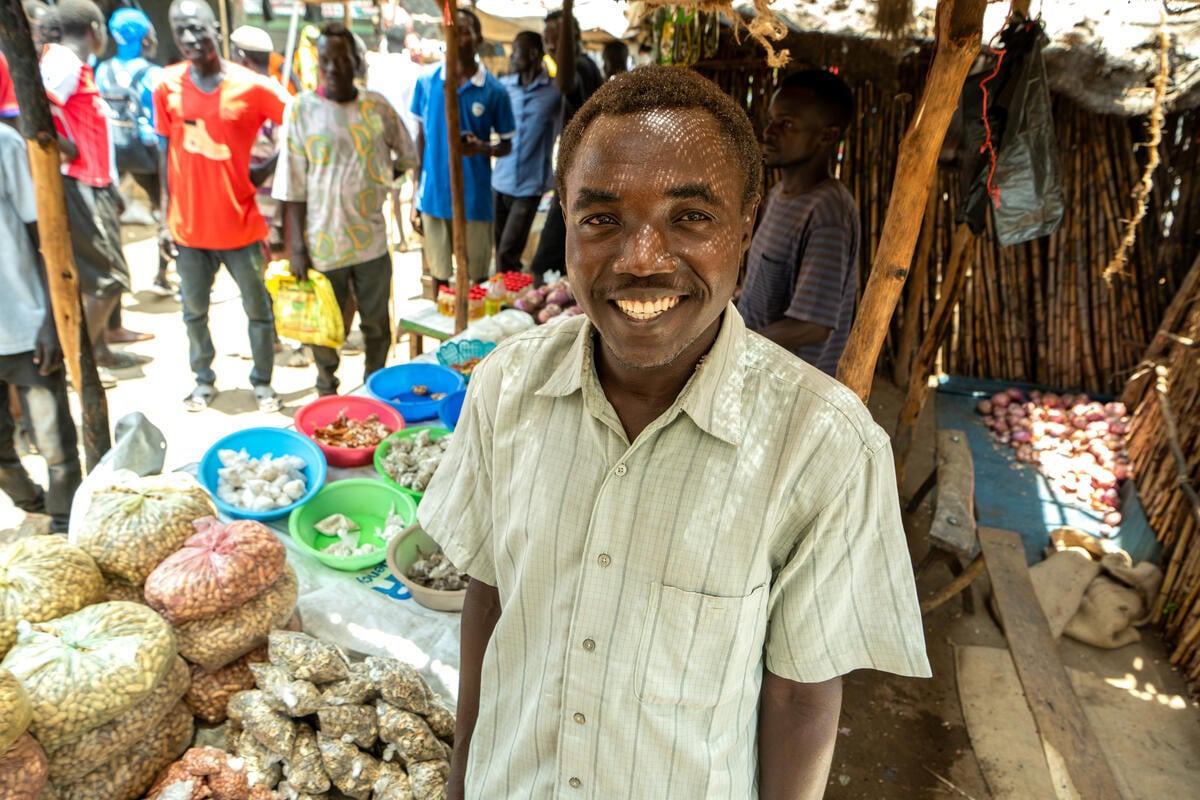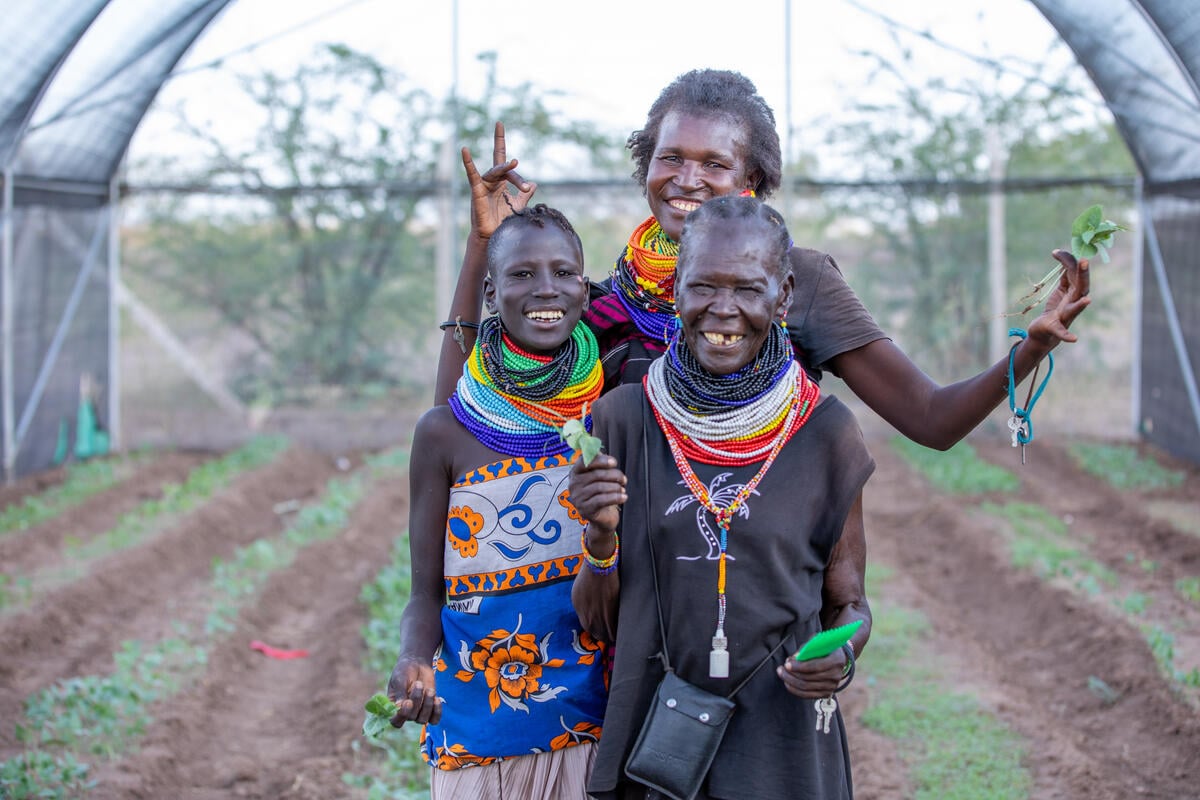By Johannes Hoogeveen, Karishma Silva and Craig Loschmann

The number of refugees is on the rise, particularly in low- and middle-income countries, and humanitarian funding is not keeping up. As a consequence, there’s a critical need for more impactful spending that protects lives, along with enhanced responsibility-sharing to support host countries opening their borders to people fleeing danger.
As part of a wider Measuring the Impact initiative, a joint report by the World Bank and UNHCR on the global costs of meeting refugees’ subsistence needs makes clear that effective policies that strengthen refugees’ economic participation has the potential to benefit both hosts and refugees. A key takeaway is that by enabling refugees to work, dependency on aid is reduced while freeing up resources that can be re-invested in the host economy to the benefit of all.
The numbers are striking. Using the well-recognized International Poverty Line as a minimum threshold for the standard of living, the benchmark cost of refugees’ subsistence needs is estimated at approximately $56 billion to $62 billion annually. However, when one takes into consideration many refugees already work and participate in their hosting economies, nearly two-thirds of this total benchmark figure, $41 billion, is accounted for through their earned income. In many ways this indicates the generous amount hosting countries contribute to global burden-sharing, with the remaining one-third required in complementary assistance by the international donor community.

Policy changes supporting full socioeconomic inclusion can yield significant savings
Beyond the baseline and current scenario, the report identifies how much might be saved through policy changes supporting full socioeconomic inclusion. If refugees were allowed to work more and increase their income by 25 percent, the cost of complementary assistance drops by half to $11 billion. And if refugees would be as economically active as their hosts, a full economic participation scenario, the cost of complementary assistance drops to $6 billion. There is a strong argument that at least part of this significant amount in savings as a result of a policy shift should be re-invested in both refugee and host community development. It ensures the money that is presently spent on sustaining the daily needs of refugees, becomes available to invest in better lives for hosts and refugees.
Low-income countries, where nearly 10% of refugees reside, illustrate this potential. Encampment policies tend to be far more prevalent in these settings, meaning refugees have less opportunities to work and earn an income. If restrictions on freedom of movement and right to work were relaxed and refugees could earn a living on par with hosts, the cost for complementary assistance would drop from $3.2 billion to around $900 million annually. This underscores that closing financing gaps for support to refugees is not only necessary, but within reach. Certainly in the poorest countries.
Good hosting policies are crucial to unlocking this potential
Allowing refugees greater economic freedom not only decreases the cost of support but also amplifies their contributions to local economies. By enabling refugees to work, a “triple win” gets created enhancing refugee self-reliance, reducing aid dependency, and strengthening host communities economically.
To capitalize on this, we urge the international community and donors to prioritize policies that support socioeconomic inclusion for refugees. This approach represents a sustainable path forward, ensuring that host nations can continue to offer refuge while building resilient, thriving communities.
By enabling refugees to work, a “triple win” gets created enhancing refugee self-reliance, reducing aid dependency, and strengthening host communities economically.

